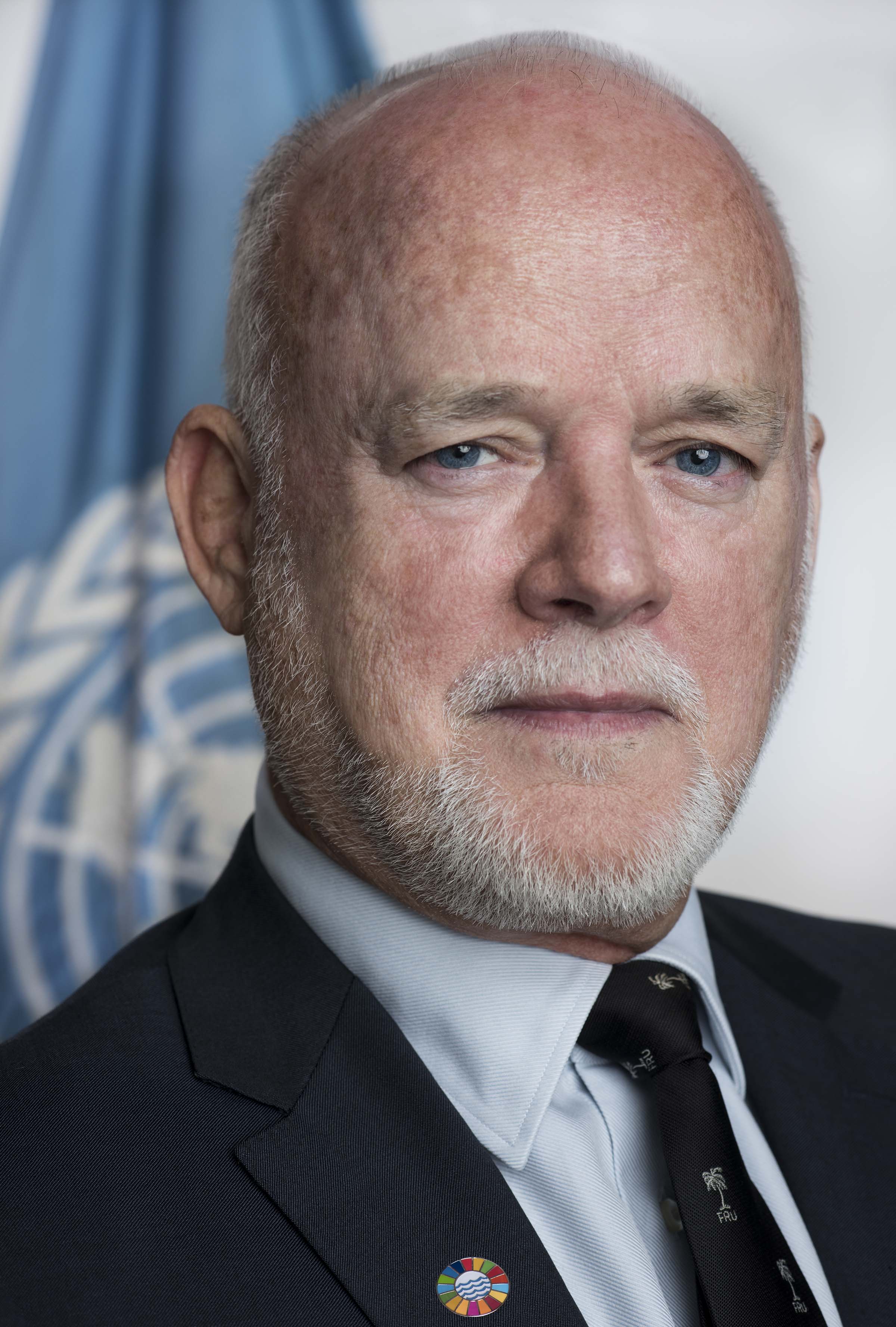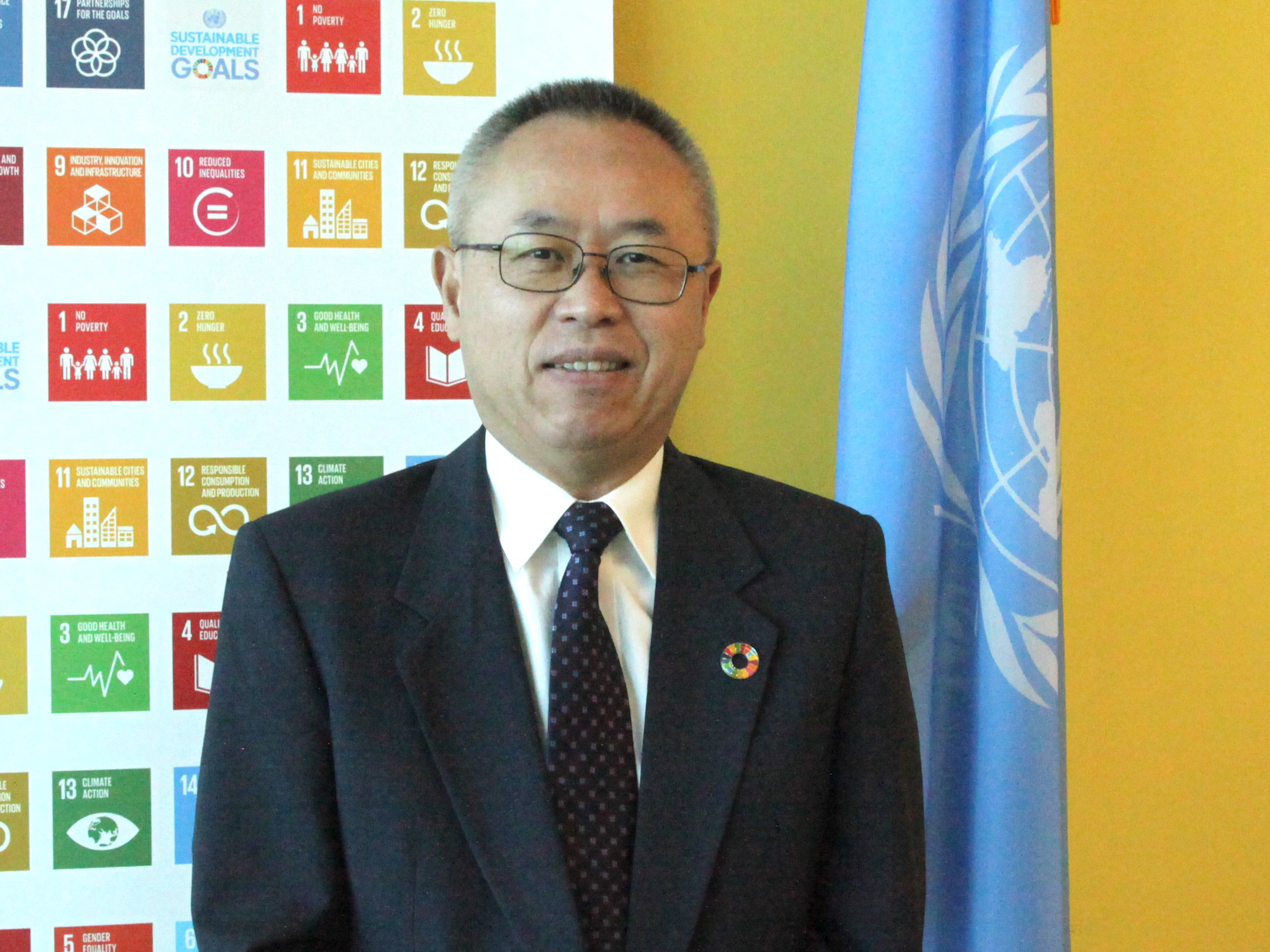Background
Ocean ecosystems form the basis for global economies, local livelihoods, food security and nutrition, and climate adaptation and mitigation. As highlighted in the IPCC Sixth Assessment Report, harnessing the potential of the ocean by developing sustainable blue economies can therefore build prosperity and improve the lives of all, including most disenfranchised and marginalized communities. However, SDG 14 in support of our ocean receives the least amount of long-term funding of any of the SDGs. Recent reports suggest that $175 billion per year is needed to achieve SDG14 by 2030; and yet, between 2015 and 2019, just below $10 billion was actually invested (WEF, 2022). The 2022 UN Ocean Conference held from 27 June to 1 July 2022 in Lisbon, together with the 2022 High Level Political Forum in-depth review of SDG 14, served to reignite commitment for ocean action and bring to light the severe deficit in finance.
In this context, this side event [hosted by UN DESA, France, and Costa Rica] will bring together governments, financial institutions, regional development banks, private sectors as well as philanthropies, who play a crucial role in bridging the financing gap. Discussions will be informed by science-based and innovative solutions to financing SDG14 and with the support of socio-ecological systems, with interdisciplinary and multi-sectoral regional collaborations.
This will be an in-person event.

Announcements
At the heart of our ‘life-supporting package’, the ocean greatly contributes to the 2030 Agenda for Sustainable Development, responding to the many policy requests and societal needs. As highlighted in the IPCC Sixth Assessment Report, harnessing the potential of the ocean by developing sustainable blue economies can therefore build prosperity and improve the lives of all, including most disenfranchised and marginalized communities. The crucial role ocean plays in improving human wellbeing, social equity and healthy environment was also widely recognized and underscored during the first global conference on Sustainable Blue Economy (SBE) Conference held in Nairobi, Kenya in 2018.
A sustainable blue economy contributes greatly to accelerating advances to a net-zero carbon world through measures such as green shipping, offshore renewable energy as well as innovative carbon sequestration methods. Successful transition to net-zero and resilient economies can be possible if scientific advances and innovations are placed firmly at the center of climate action, financing and policy. From offshore energy to the greening of the shipping sector, latest innovations - like those in the Ocean Solutions Accelerator launched by the Sustainable Ocean Alliance - can be leveraged towards the implementation of SDG14.
It is also well known that the potential of economic benefits it offers is significant. The total value of the ocean economy is valued around $1.5 trillion a year, which is expected to double by 2030 to $3 trillion. Despite that, sustainable ocean-based investment yields much greater benefits than the costs, insufficient financing still remains a bottleneck that prevents further development of SBE.
In that regard, Sustainable Development Goal (SDG) 14 ‘Life Below Water’, which aims to ‘conserve and sustainably use the oceans, seas and marine resources for sustainable development’, sets out a global plan to set the ocean on a path to recovery and contribute to the achievement of net-zero and resilient economies. Nevertheless, as recalled by Antonio Guterres, Secretary-General of the United Nations, during the 2022 UN Ocean Conference (UNOC), SDG 14 received less investments for its implementation than all other sustainable development goals (OECD, 2020). A stance echoed in Lisbon by President Uhuru Kenyatta of Kenya as well as President Marcelo Rebelode Sousa of Portugal, and many other delegations calling for this situation to be rectified. To support international action on the ocean agenda, President of France, Emmanuel Macron, and President of Costa-Rica, Rodrigo Chaves Robles, have both offered to jointly co-host the upcoming third UNOC in 2025 in France.
program |
|---|
Welcoming Remarks |
|
Setting the Stage |
|
Panel DiscussionModerated by H.E. Ambassador Peter Thomson, Secretary-General’s Special Envoy for the Ocean |
|
Closing Segment |
|
| Master of Ceremony: Ms. Loreley Picourt, Executive Director, Ocean & Climate Platform |




